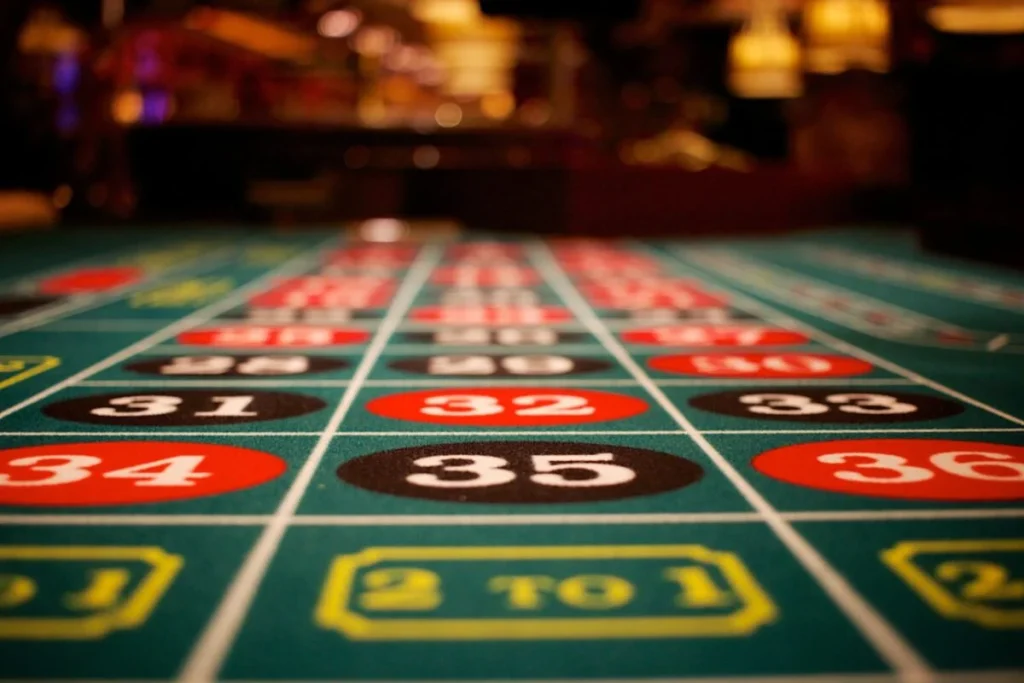To determine whether a claim of earning 5 million euros from gambling in one year is true or false, we need to consider the feasibility based on available information about gambling, particularly high-stakes lotteries like EuroMillions, and real-world examples. The claim is vague since it doesn’t specify the type of gambling (e.g., lottery, casino, sports betting) or the person making the claim, so I’ll evaluate it generally and use relevant context from gambling statistics and notable cases.
Earning 5 million euros in a single year from gambling is theoretically possible, especially through lotteries or high-stakes betting schemes. For instance, EuroMillions, a major European lottery, has a jackpot cap of 230 million euros, and even lower-tier prizes can reach millions. A single jackpot win could easily exceed 5 million euros, as seen in cases where the jackpot rolls over. In 2022, the EuroMillions jackpot hit its 230 million euro cap, demonstrating that multi-million-euro payouts are real. Additionally, Stefan Mandel, a well-documented lottery winner, orchestrated a scheme in the 1990s to win a $15.5 million Virginia lottery jackpot by purchasing nearly all possible ticket combinations (6.4 million out of 7 million). His team secured millions in prizes, showing that strategic gambling can yield massive returns in a short period, though this was a one-time event and not a year-long effort.
However, the odds of such a win are extraordinarily low. For EuroMillions, the chance of winning the jackpot with one ticket is 1 in 139,838,160. Even with multiple tickets, the logistics and cost of covering enough combinations to guarantee a win are prohibitive for most individuals. Mandel’s case required significant investment, coordination, and a specific lottery with favorable odds, which is rare today due to stricter regulations. In casino games or sports betting, achieving 5 million euros in a year is even less likely due to the house edge (e.g., 0.5% in blackjack to 35% in some slots) and the need for consistent, high-stakes wins. For example, a strategy like doubling a $5 bet to reach a million, discussed in gambling forums, has odds of about 1 in 260,000 for 18 consecutive wins, making it highly improbable.
There are also practical and legal considerations. Gambling winnings of this magnitude would likely attract scrutiny, especially in regulated markets like the UK or EU, where large payouts are reported (e.g., via Form W-2G in the US or similar tax mechanisms elsewhere). If the claim involves illegal gambling, such as unregulated betting rings, it could be plausible but unverifiable without specific evidence, as seen in reports of multi-million-euro illegal gambling operations. Additionally, compulsive gambling behaviors, which could lead to chasing such a sum, are associated with significant financial distress, making sustained profits unlikely.
Without specific details about the claimant or the gambling method, I cannot definitively verify the claim. However, while it’s possible to win 5 million euros in a year through a single lottery jackpot or an extraordinary betting scheme, the probability is extremely low, and most gambling scenarios (casino, sports betting) make it highly improbable due to statistical disadvantages and logistical challenges. If the claim lacks verifiable evidence, such as a documented lottery win or tax records, it’s more likely to be false or exaggerated, as large gambling wins are rare and often publicized.
Answer: Likely false, unless specific evidence (e.g., a documented lottery win) supports the claim. The odds and logistics of earning 5 million euros from gambling in one year are highly unfavorable for most gambling methods.
